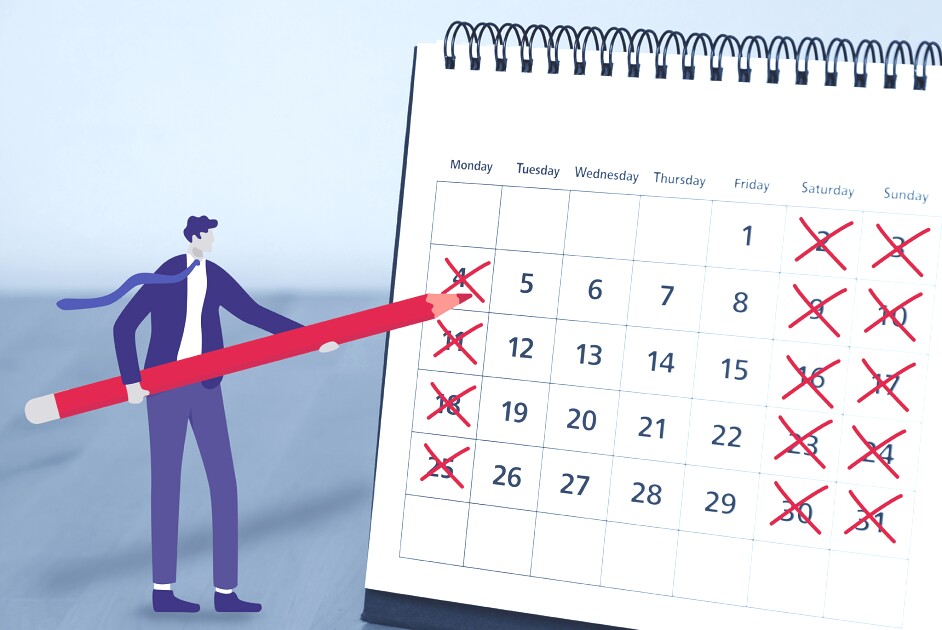In this blog I write about a combination of policy issues and classroom issues, and this week’s post is going to be the latter. In the last few days, there were several major issues with academic dishonest in my 10th grade classes. The first was last week, when students somehow got hold of a quiz I was planning on giving before I actually gave it (I’m still trying to figure out how this happened), wrote answers on it (not all of which were correct), and copies of it around the grade; the second was when, on a thematic essay I assigned, several students plagiarized from SparkNotes and other various sites on the internet from which one can procure a pre-written paper; the third was today, when I was giving make-ups for the sabotaged quiz, and turned around to find a student (whom I had just isolated in a corner, precisely to avoid this outcome!) asking for answers from another student who had already taken the test.
These incidents all made me disappointed with the students, which I told them in class--I said that I would always rather a student perform poorly but honestly on a test or paper, and at least get partial credit, than get a score of “0" for cheating or plagiarizing. I also told them that given the review sheets I’d passed out before the test, the extensive amount of time we’d spent in class peer-reviewing and working on papers, and the fact that I’m almost always available during their lunch period if anyone needs help, I didn’t see any reason cheating was even necessary.
The kids, however, seemed confused what they’d done wrong. “But I only plagiarized a few lines when I couldn’t figure out how to say it in my own words,” sobbed one girl, who was dismayed at the low score she received on her essay because (as she explained) she was very concerned about her grades. She did not seem to understand that even a little bit of copying and pasting from a website would constitute plagiarism. As for the student whom I caught with the photocopied test (which is how I learned of the entire scheme), her response was, “But everyone had one!”
I wondered if the students fully understood the dishonesty involved in turning in plagiarized work. Given that they are inundated with free media in manifold outlets and forms--videos, music, images, all types of writing, etc.--I imagine it must be more difficult for them to determine what constitutes public domain, and what is someone else’s intellectual property. Moreover, in an era where group-work is mandated daily by administrative higher ups, the line between acceptable and unlawful collaboration is no doubt difficult to describe.
That said, I also know we’ve discussed the difference between copying a source and referring to it with citations, and I also am reasonably sure that they knew better than to steal a copy of the test from a teacher’s desk. So, I’m not inclined to feel too sympathetic. Writing and studying are difficult, and it seems to me that at the end of the day the most likely culprit is simple laziness: students not wanting to do the work or waste a lunch period coming to ask for help. So, the penalties will stay, and I’ll be letting the culprits’ parents know about these issues as well, so that the kids will (hopefully) have the importance of academic honesty reinforced in their homes as well as my classroom.


